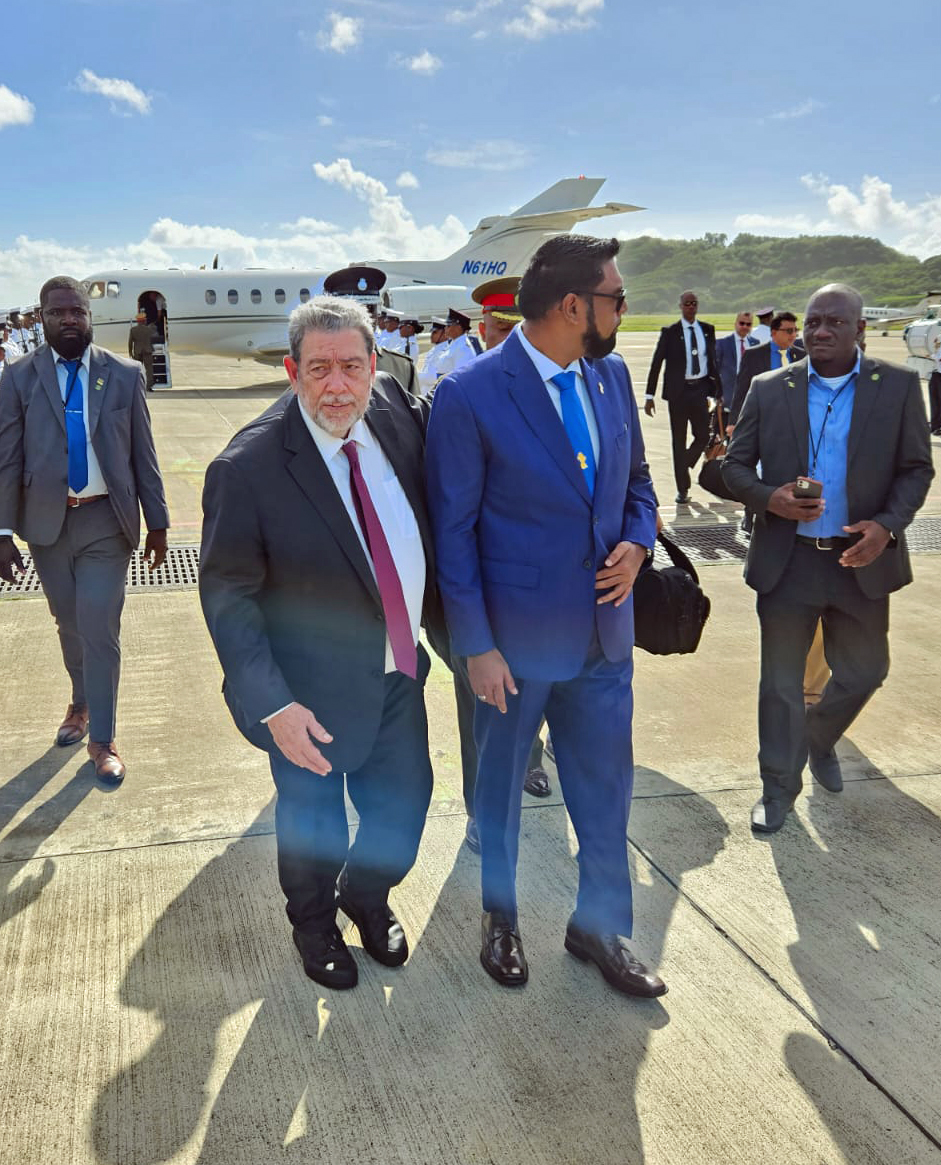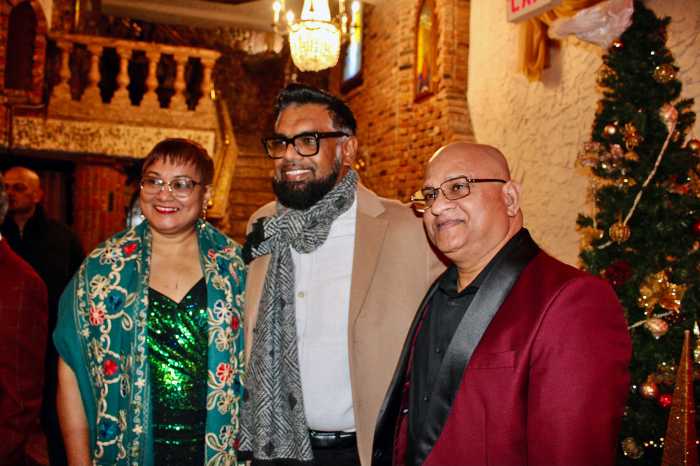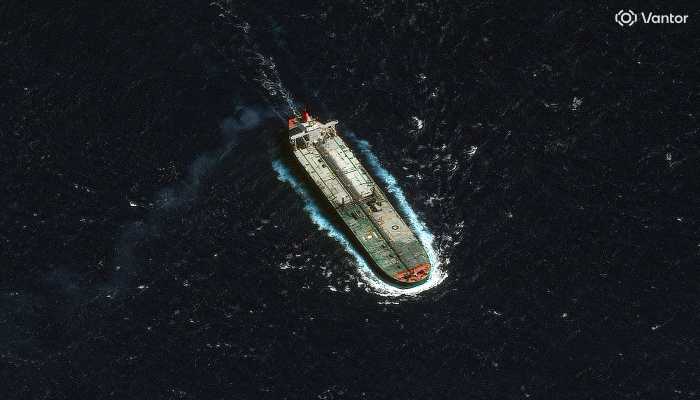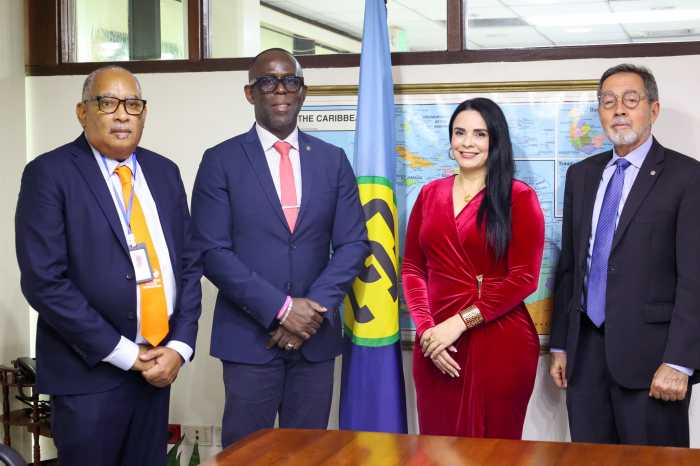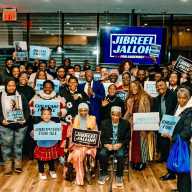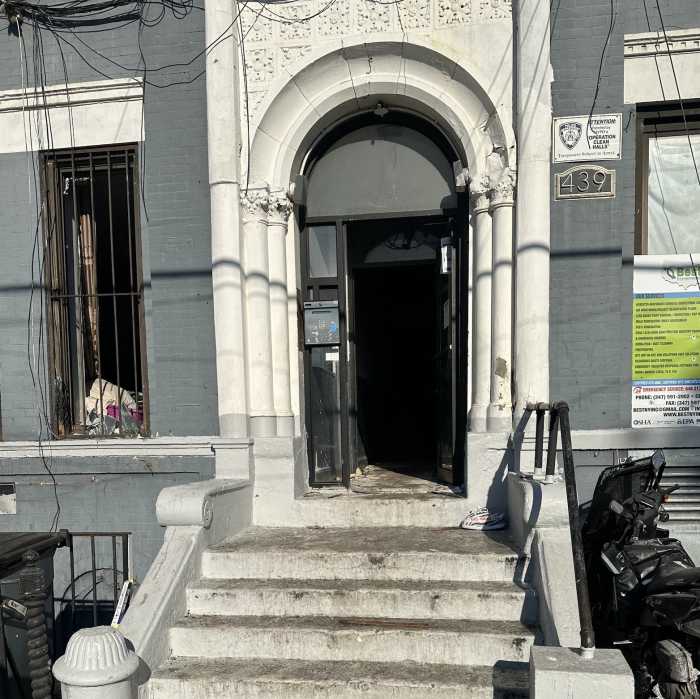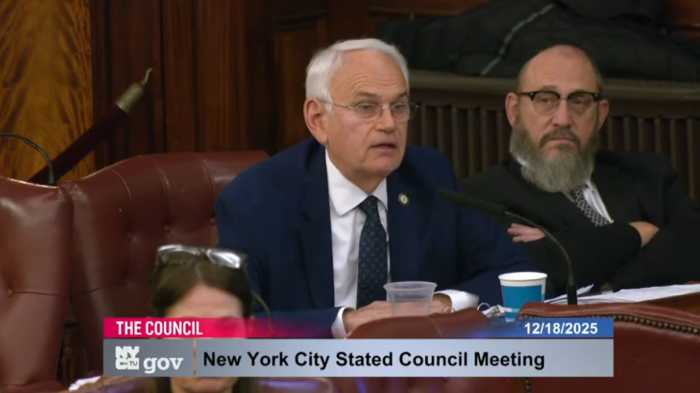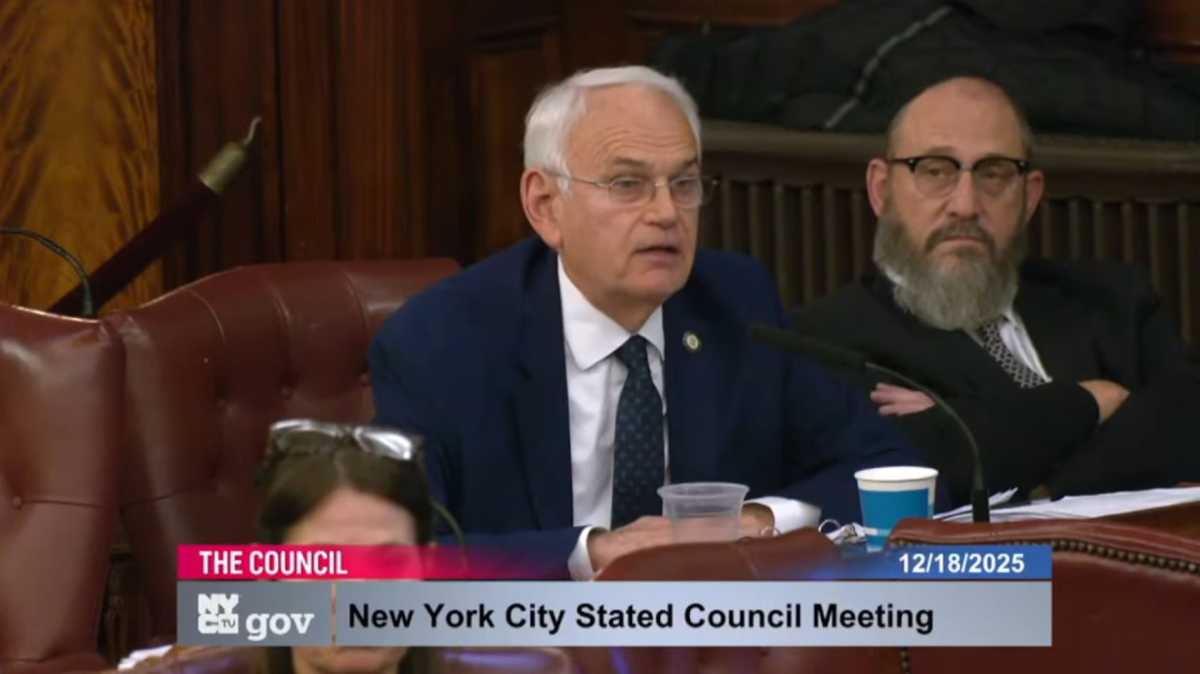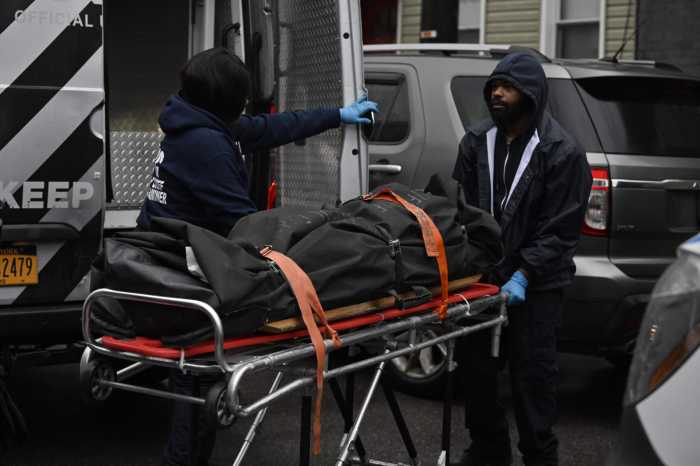It has been less than a week since Guyana and Venezuela, which have been quarreling over land border lines for decades, signed a temporary peace agreement, cooling tensions, which have been simmering in recent months with troop build ups on both sides of the border amid threads by Venezuela to annex the area it covets.
Fellow Caribbean Community nations, neighboring Brazil and CELAC, The Community of Latin American and Caribbean States (CELAC) brokered the deal as they hurriedly moved to avert possible military conflict and to give the two parties some breathing space to talk the issue over.
But while Guyana had insisted that all it had to do was to turn up last Wednesday at the Argyle International Airport in the Eastern Caribbean nation of St. Vincent and the Grenadines and remind Venezuela that the case is before the World Court in The Netherlands for final determination, Guyana ended up agreeing to a menu of measures that critics say gives Venezuela a victory without ceding any ground.
In the build-up to the meeting, a defiant Guyanese President, Irfaan Ali had made it clear that he had had no intention of talking about the border in any shape or form, but the final text of the Argyle Declaration appears to betray his belief and original position although he did succeed in getting a commitment from Venezuela” not to threaten or use force against one another in any circumstances, including those consequential to any existing controversies between the two states.
Critics like University of Guyana professors Thomas. B. Singh and Rawle Lucas say Venezuela conceded nothing from the summit but forced Guyana to open the door to “talks outside of the World Court” process that Venezuela has long rejected, fearing it will lose the case and prefers bilateral, direct talks just as Caracas has long demanded. Singh said that Venezuela’s rejection of the ICJ was simply ‘noted’ in a meeting that included several Caricom heads of state, an official from Brazil, and the UN SG’s representative.” He also argued that Venezuela has been allowed to assert “the primacy of the Geneva Agreement of 1966 without any reference to the 1899 arbitral award (that had marked the boundary line) and its validity,” rather than the ICJ or World Court process that Guyana had been maintaining as the sole and only topic for discussion. The Geneva Agreement had allowed for bilateral talks but it also had given the UN the option of sending the case to the court as it has already done.
Lucas on the other hand contended that in giving up the sanctity of the judicial process at the court, President Ali “has rendered the value of any judicial decision by the ICJ as impotent” as he argued that Guyana should have been in no hurry to allow Venezuela to push it to rely more on direct talks via the Geneva Agreement rather than not to talk about the border while leaving it to the court. Singh expressed astonishment that Venezuela’s rejection of the very ICJ process that Guyana depends on “was simply noted just as Venezuela wanted.” Both men decried the fact that Guyana had also allowed the word dispute to be included in the final text as it has maintained that there is only a border controversy rather than a dispute as Guyana is the legal, beneficial owner and occupier of the Essequibo region which Venezuela covets.
But coming to the defense of his president, Attorney General Anil Nandlall says Guyana gained the most from the talk “without ceding any of its positions but gaining much. We now have to wait and see whether the commitments made on paper will convert themselves into actions. In the regrettable event they are not, their expression on paper will only serve to solidify Guyana’s position for future engagements.”
To those upset that the word dispute was in the declaration, he said that the ICJ itself used the term “dispute” and “territory in dispute” seamlessly and interchangeably. Therefore, this objection is one overtaken by events and bears no merit,” as he cautioned against “reckless speculative pontification on this matter,” noting that it also ensures that the region remains a zone of peace
As well, Guyanese border expert and senior attorney Ralph Ramkarran argues that the talks and final declaration was a win for Guyana. “Guyana succeeded in its most important objective, for which President Ali and the Guyana team must be congratulated. Venezuela’s rampaging advance towards an eventual invasion of Guyana has been dramatically halted,” he said, noting that “this ought to be interpreted to mean that even if the ICJ rules that the arbitral award is valid and binding, Venezuela is prohibited from launching any military action against Guyana,” in the future.


